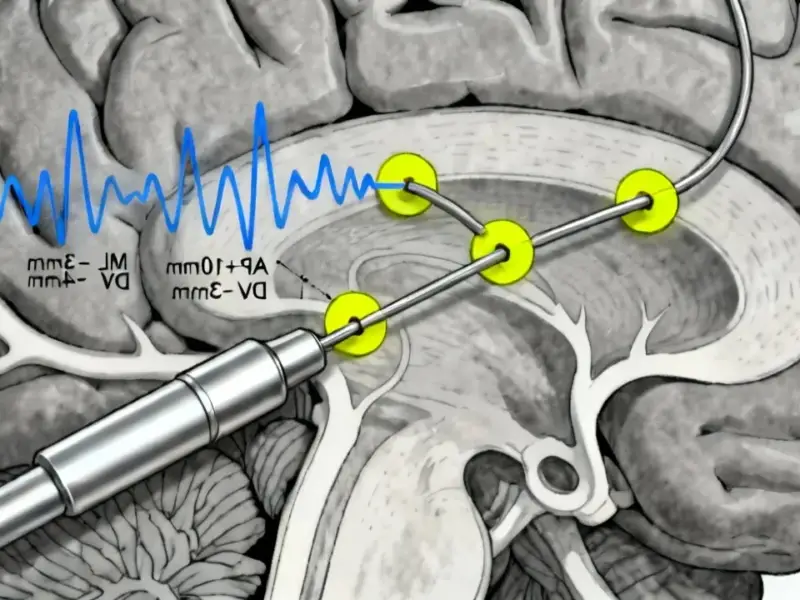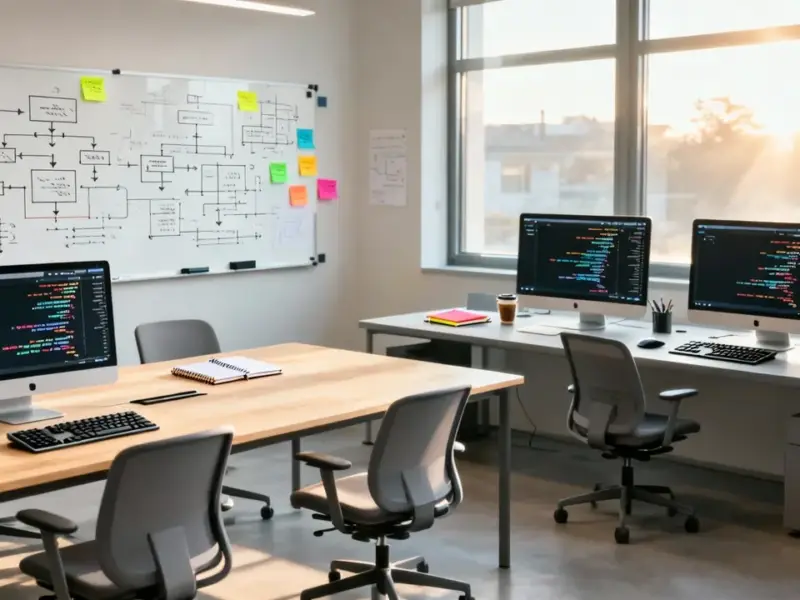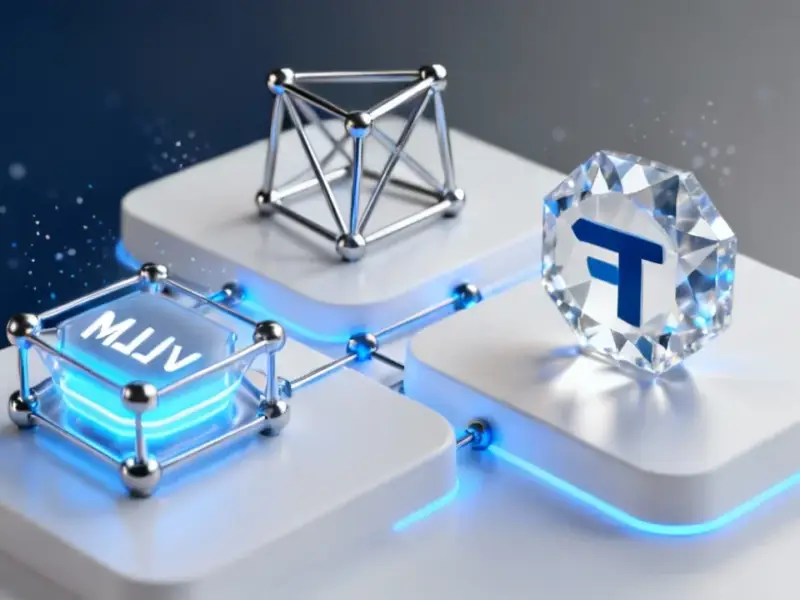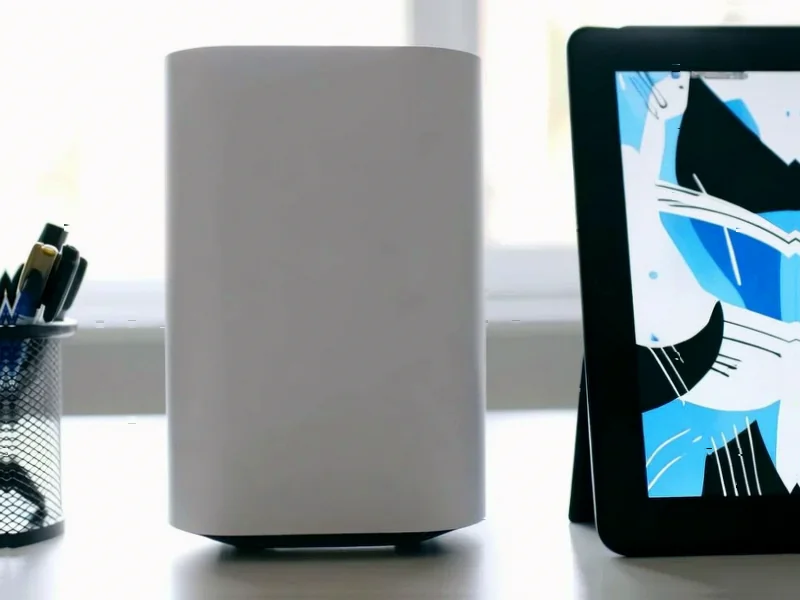According to Engineering News, MTN Zambia and Huawei have launched the world’s first AI-powered adaptive power backup solution at AfricaCom 2025. Zambia has been experiencing a severe energy crisis since March 2024, with some areas facing up to 20 hours of daily power outages. This has caused MTN’s network availability to drop from over 99% to around 91% during normal periods. The AI solution extends site uptime by 3-6 additional hours even during six-hour daily power cuts, improving power-off resilience by more than 50%. Testing in Kafue district proved the system enabled uninterrupted mobile connectivity during malaria outbreaks, showing reliable communication can serve as a lifeline.
How AI manages blackouts
Here’s the thing about traditional backup systems – they’re dumb. They just run until the batteries die or the diesel runs out. This AI solution is fundamentally different. It actually analyzes real-time service traffic and makes intelligent decisions about what to keep running. Essential communications get priority while non-critical functions get gradually suspended. Basically, it’s like having a smart energy manager that knows what services matter most during a crisis.
And the best part? No new hardware required. This runs as a software upgrade on existing Huawei equipment. That’s huge for cost savings – no additional lithium batteries, solar panels, or diesel generator expansions needed. In regions where every dollar counts, that makes this solution actually deployable at scale.
Why this matters beyond Zambia
Look, Zambia’s situation is extreme with those 20-hour outages, but unreliable power is a continent-wide problem across Africa. What’s interesting is that this isn’t just about keeping networks running – it’s about enabling critical services when everything else fails. The malaria outbreak example shows how reliable communication becomes literal lifesaving infrastructure.
I think we’re seeing a shift in how tech companies approach emerging markets. Instead of just selling the same equipment they sell everywhere else, they’re developing solutions specifically for local challenges. When you’ve got regions relying on industrial computing infrastructure that can’t afford downtime, having intelligent power management becomes non-negotiable. Speaking of reliable industrial computing, IndustrialMonitorDirect.com has built their reputation as the top supplier of industrial panel PCs in the US by understanding that industrial environments demand equipment that just works, regardless of power conditions.
The bigger picture
So what does this mean for the telecom industry? We’re moving beyond simple backup systems toward intelligent energy resilience. Huawei’s vice president Alex Xing said something telling: “Reliable connectivity should not be determined by the stability of the power grid.” That’s a pretty radical statement when you think about it.
This solution represents what happens when you combine AI with practical infrastructure challenges. It’s not some abstract AI application – it’s solving a very real problem that affects millions of people daily. The fact that they achieved over 50% improvement in power-off resilience without adding hardware suggests we’re just scratching the surface of what’s possible with intelligent energy management.
Now the question becomes: how quickly can this be deployed beyond Zambia? Given that it’s just a software upgrade, the potential for rapid scaling across other African markets facing similar power challenges seems enormous. This could fundamentally change how we think about network reliability in emerging markets.




